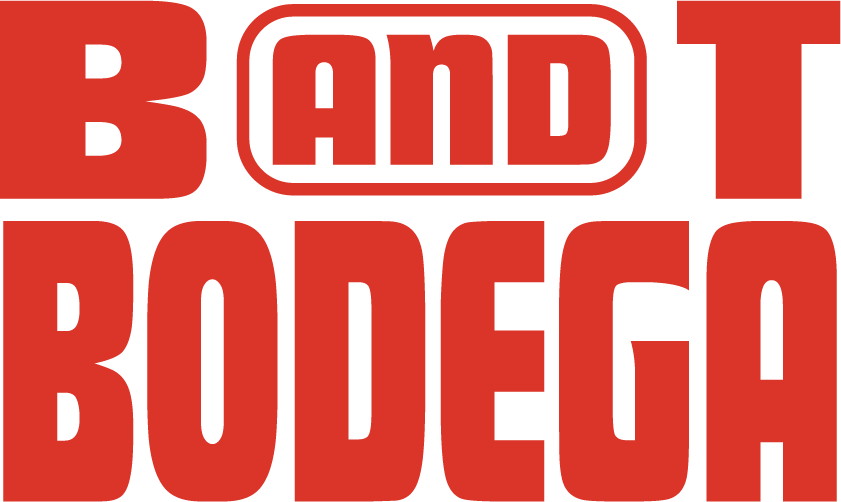Cooking for your adhd brain
If you, like many folks who struggle with ADHD, have the attention span of a dumpster-diving raccoon,
…you already know the ADHD lifestyle can make eating and cooking nothing short of overwhelming.
Sometimes it’s a nuisance, sometimes it’s sensory overload… and sometimes you forget about it altogether. Your brain might feel like it’s always on — chasing dopamine, avoiding overwhelm, and struggling to do The Thing.
So yeah, it might seem counterintuitive at first, but cooking might just be the most ADHD-friendly tool we have.
Cooking is primarily sensory.
It’s also immediate, and (when done right, anyway) it rewards improvisation. Unlike a lot of self-care advice that feels condescending or out of reach (just meditate! just hydrate! just reorganize your entire life!), cooking meets you where you are: hungry, scattered, and in need of control over something.
The upward spiral of cooking for yourself means that you’re solving a lot of problems all in one go:
You’re no longer hungry. Your satisfaction and satiety cues are, well, satisfied.
You feel confident in what you just ate. The reinforcement of ‘I can take care of myself’ and ‘Now I have fuel’ makes whatever task is next even more doable.
Medications are more effective. Eating well means your stimulants and supplements are being delivered well, lessening your chance of a crash and alleviating mood swings.
So what should you eat if your brain is swinging between genius-mode and goblin-mode?
There’s no one-size-fits-all answer (hi, bioindividuality), but certain nutrients are always a balm for ADHD brains.
Omega-3s (salmon, sardines, walnuts)
Magnesium (leafy greens, pumpkin seeds, dark chocolate)
B-vitamins (eggs, meat, legumes)
Protein — lots of it — to help stabilize blood sugar and make neurotransmitters do their thing.
Cooking for yourself means you get to play food detective — What helps me focus? What tanks my energy? What textures am I avoiding thanks to this dose of Adderall?
The things your body is craving are actually signals.When you cook, you start interpreting cravings differently— not just "I want that bag of frozen tater tots" but maybe "I haven’t eaten a real meal in 6 hours."
Sometimes that sweet craving is really your body begging for fuels; your salt craving is about minerals. Our food culture is designed — and determined — to hijack your attention. Salt, sugar, fat, the holy trinity of ultra-processed foods, are specifically engineered to hit your dopamine receptors like a slot machine, quite literally. This is especially unfortunate for the neurodivergent brain. But when you start cooking, even just a little, you reclaim the narrative. You start paying attention to your own signals: hunger, satisfaction, mood, focus.
When you actually nourish your body, you realize that these are not broken parts of you to be fixed, but tools to be honed. Creativity, hyperfocus, problem-solving, lightning-fast intuition — those gifts get sharper when you’re fed well and functioning optimally.
Ready to get started? Let’s hone your superpowers through food. Cooking for ADHD-ers is one of my favorite things to do. (Luckily, I’m married to one, so I have plenty of practice!)
Reach out and let’s get cooking!

